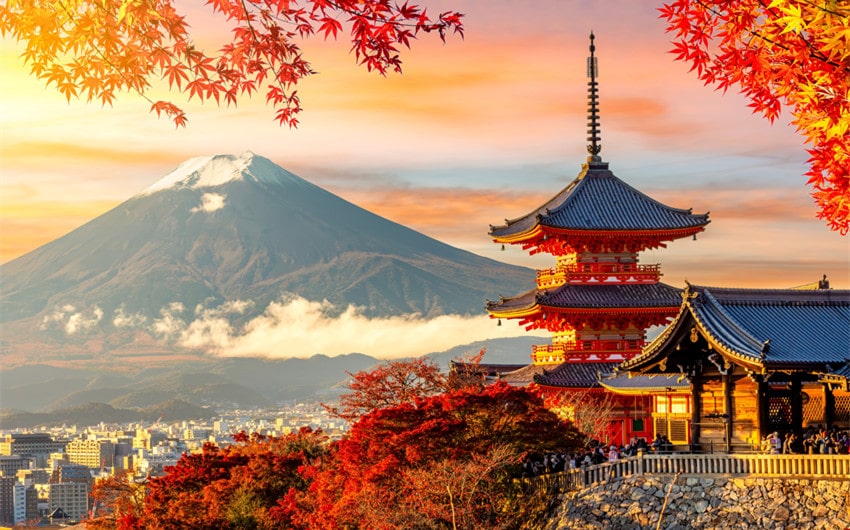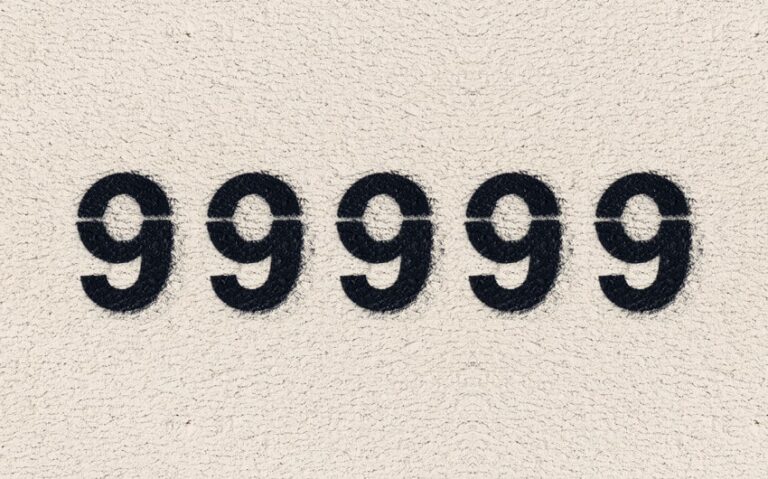Fascinating Facts About the Poetic Akiya Name Meaning
Japanese names often hold quiet beauty, rich with meaning shaped by the kanji used to write them. Akiya is one such name—simple, elegant, and full of possibility. Depending on how it’s written, it can reflect nature, light, stillness, or direction.
Whether you’ve come across it in language, culture, or as a baby name option, understanding the Akiya name meaning offers insight into the poetic depth that Japanese names often carry. From “bright arrow” to “autumn house,” each version reveals something unique. Let’s explore what Akiya can mean and the subtle stories behind its characters.
Japanese Kanji Variations and Meanings
In Japanese, the meaning of a name like Akiya (あきや / アキヤ) is deeply influenced by the kanji characters chosen to represent it. Each syllable—Aki (あき) and Ya (や)—can be written using different kanji, with each combination offering a unique and often poetic meaning. This makes Akiya a versatile name that can carry a range of interpretations depending on the intent behind the choice of characters.
Below are some of the most common and meaningful kanji combinations used for Akiya:
秋也 (Akiya) – “One of Autumn” or “Also Autumn”
- 秋 (Aki) – Autumn
- 也 (Ya) – Also, to be, or classical sentence-ending particle
- Meaning: This combination connects the name to the season of autumn, which in Japanese culture symbolizes reflection, change, maturity, and beauty in transience. The use of 也 gives the name a poetic or literary tone, making it feel timeless and peaceful.
明矢 (Akiya) – “Bright Arrow”
- 明 (Aki) – Bright, clear, intelligent
- 矢 (Ya) – Arrow
- Meaning: This powerful combination suggests clarity of purpose, intelligence, and precision. It can symbolize someone who moves through life with direction and insight, like a bright arrow aimed toward a goal. This version of Akiya carries a strong, positive energy.
空屋 (Akiya) – “Empty House” or “Vacant Building”
- 空 (Aki) – Empty, sky, open
- 屋 (Ya) – House, shop, or building
- Meaning: While this combination is most commonly associated with real estate (vacant homes) in Japan, it can also carry deeper, symbolic meanings. 空 can represent openness, peace, or freedom from attachment, while 屋 grounds the name in something physical. Symbolically, it may reflect solitude, space for growth, or minimalism.
昭也 (Akiya) – “Shining One” or “Illuminated Being”
- 昭 (Aki) – Shining, bright, luminous
- 也 (Ya) – Also, to be
- Meaning: This variation emphasizes light, hope, and positivity. It’s often chosen to express a radiant personality or a bright future. The name feels uplifting and pure, making it an appealing choice for those who wish to convey warmth and optimism.
晶矢 (Akiya) – “Crystal Arrow”
- 晶 (Aki) – Crystal, sparkle, brilliance
- 矢 (Ya) – Arrow
- Meaning: A more unique and visually rich combination, 晶矢 suggests clarity, sharp insight, and refined strength. It’s an elegant name with both a delicate aesthetic and strong symbolism, suitable for someone seen as thoughtful, perceptive, or goal-oriented.
Symbolic and Spiritual Interpretations

While the literal meaning of Akiya depends on the specific kanji used, the name also carries layers of symbolic and spiritual significance, particularly within the context of Japanese culture. Like many Japanese names, Akiya reflects more than just surface-level meaning—it can embody values, natural elements, personal growth, and emotional or philosophical states.
1. Autumn and the Cycle of Change
When Akiya is written with the kanji 秋 (autumn), it draws on the symbolism of a season that is deeply respected in Japanese culture. Autumn is a time of transformation, maturity, and reflection—when nature begins to wind down, shedding its leaves in preparation for renewal.
Spiritually, this version of Akiya may represent a person who embraces life’s changes with grace and understanding. It conveys a quiet acceptance of impermanence and an appreciation for beauty in transition, making it ideal for someone who is thoughtful, introspective, and emotionally balanced.
2. Light and Clarity of Purpose
Kanji like 明 (bright), 昭 (shining), or 晶 (crystal) used in Akiya bring forward the symbolism of light, clarity, and enlightenment. When paired with 矢 (arrow), as in 明矢, the name reflects a soul driven by purpose and guided by a clear inner vision.
Light symbolizes not only intelligence but also spiritual insight and a positive force that illuminates the path ahead. In this sense, Akiya may represent someone who leads with wisdom, seeks truth, and moves intentionally through life, like a radiant arrow pointed toward personal growth or higher understanding.
3. Emptiness and Space for Potential
Akiya can also be written as 空屋, meaning “empty house”—a term commonly used to describe a vacant home but rich with symbolic depth. In Japanese spiritual traditions, especially Zen Buddhism, the concept of emptiness (空) represents openness, non-attachment, and the space necessary for growth and renewal.
This version of Akiya may symbolize a personality that values peace, minimalism, and inner stillness, someone who creates space for reflection and welcomes life without clinging. Rather than suggesting lack, it embraces emptiness as potential, offering serenity and quiet wisdom.
4. Direction and Determination
The inclusion of 矢 (arrow) in the name Akiya conveys themes of focus, direction, and determination. Arrows in Japanese symbolism represent forward movement, intention, and a deep connection to purpose. Spiritually, this suggests an individual who is driven, intentional, and aligned with their goals.
An arrow does not waver; it travels straight toward its mark. Akiya in this form may be chosen for someone who is not easily distracted, who stays the course and lives with a sense of mission—balancing both strength and clarity in thought and action.
5. Harmony Between Opposites
Several kanji combinations used in Akiya balance contrasting elements such as light and stillness, or motion and quiet, embodying the principle of yin and yang. This harmony between opposites reflects a balanced soul, someone who understands that strength and gentleness, ambition and peace, can coexist.
Spiritually, it suggests a person who lives with equilibrium, navigating life’s highs and lows with steady composure. Akiya, in this sense, becomes more than a name—it is a symbol of inner balance, where opposing forces are not in conflict but in harmony, creating a life of depth and serenity.







